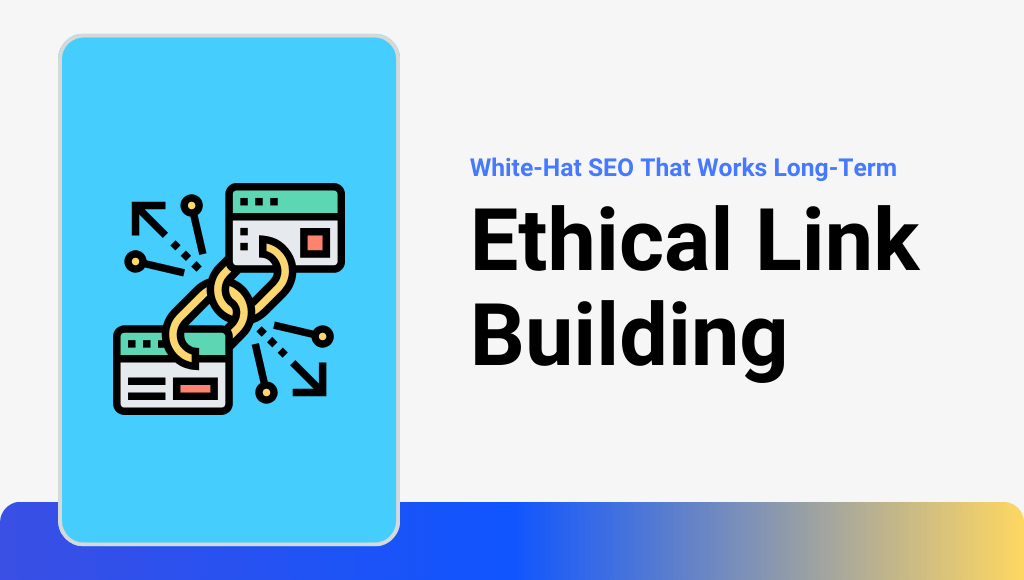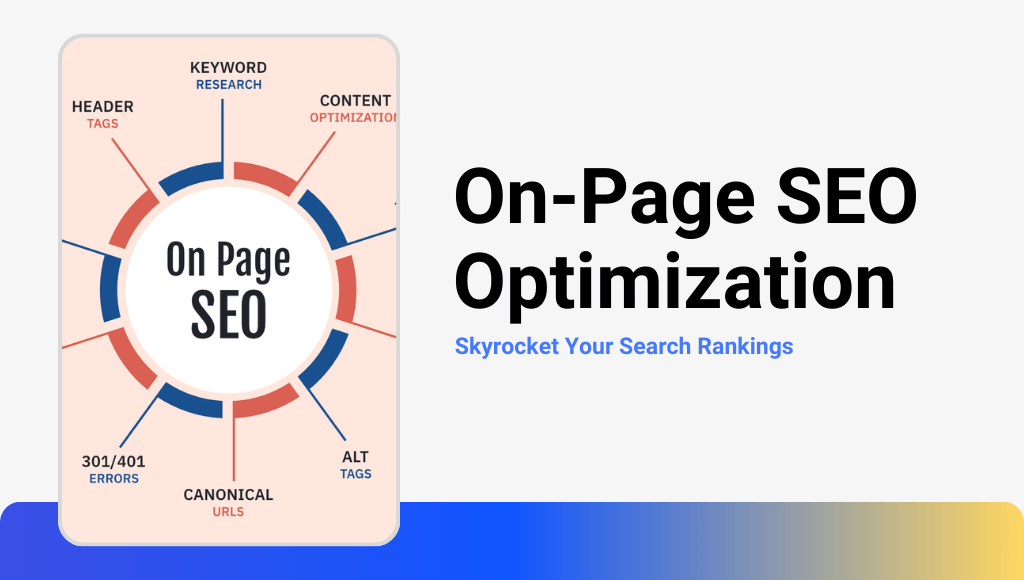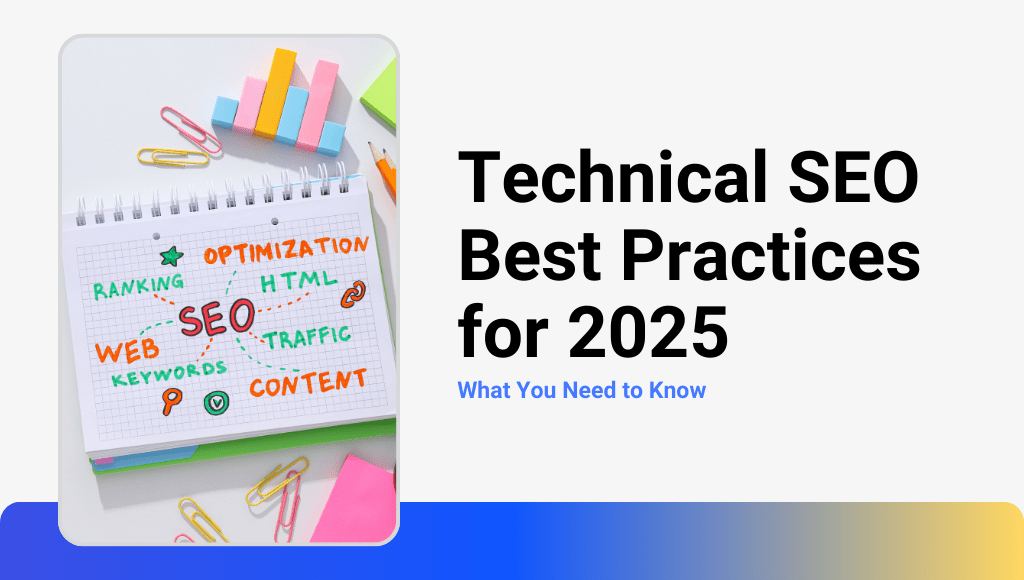Not all backlinks are created equal. While shady link schemes might offer a quick boost, they come with a heavy price—Google penalties, lost trust, and tanked rankings. In contrast, ethical (white-hat) link building is about building real authority through valuable content and genuine relationships. Let’s explore how to do it the right way.
What is Ethical (White-Hat) Link Building?
White-hat link building refers to earning backlinks through legitimate, approved, and sustainable methods that comply with Google’s Webmaster Guidelines.
It’s not just about quantity—it’s about quality, relevance, and trust.
Why Ethical Link Building Matters
- Avoid Google Penalties: Stay safe from algorithm updates like Penguin.
- Establish Long-Term Authority: Trustworthy sites with ethical links rank higher, longer.
- Drive Targeted Traffic: Good links bring real users who are more likely to convert.
- Build Brand Reputation: Being featured on respected platforms enhances your credibility.
Proven White-Hat Link Building Strategies
1. Create Link-Worthy, Evergreen Content
- In-depth guides, original research, data visualizations, or industry studies.
- Content that solves real problems is naturally shareable and reference-worthy.
2. Guest Blogging (Done Right)
- Contribute high-quality posts to reputable industry blogs.
- Avoid mass outreach or spun content—quality matters more than volume.
3. Build Resource Pages or Tools
- Create a helpful calculator, checklist, or toolkit relevant to your niche.
- Pitch it to relevant websites, universities, or resource directories.
4. HARO (Help a Reporter Out)
- Respond to journalist queries with expert insights.
- If selected, you’ll earn a backlink from major media outlets like Forbes or Entrepreneur.
5. Broken Link Building
- Find broken external links on niche blogs.
- Suggest your similar content as a replacement—providing value to the webmaster.
6. Reclaim Brand Mentions
- Use tools like Ahrefs or Google Alerts to find unlinked mentions of your brand.
- Politely ask for a backlink to your official website.
7. Get Involved in Industry Communities
- Share insights on LinkedIn, Reddit, Quora, or niche forums.
- Build relationships that naturally lead to mentions and backlinks.
Common Mistakes to Avoid
- Buying links or using link farms
- Over-optimized anchor text (e.g., “best SEO agency USA” 100 times)
- Irrelevant links that don’t align with your niche
- Relying on private blog networks (PBNs)
Tools to Assist Your Link Building
- Ahrefs / Semrush: Analyze your backlink profile and find opportunities
- BuzzStream: Manage outreach campaigns
- Hunter.io: Find contact emails for outreach
- Google Alerts: Monitor brand mentions and opportunities for link reclamation
Real-World Example
Let’s say you publish an in-depth guide on “Sustainable Packaging for eCommerce Brands.” You then pitch it to green business blogs, get featured in a B2B newsletter, and share it on LinkedIn. This builds high-quality backlinks while positioning you as an expert in your niche.
Conclusion
Ethical link building takes time, but it builds something far more valuable than just rankings—it builds trust. By earning your backlinks through content, relationships, and community engagement, you ensure your SEO efforts are future-proof and Google-approved.
Play the long game. Build links with integrity. And watch your authority grow.


